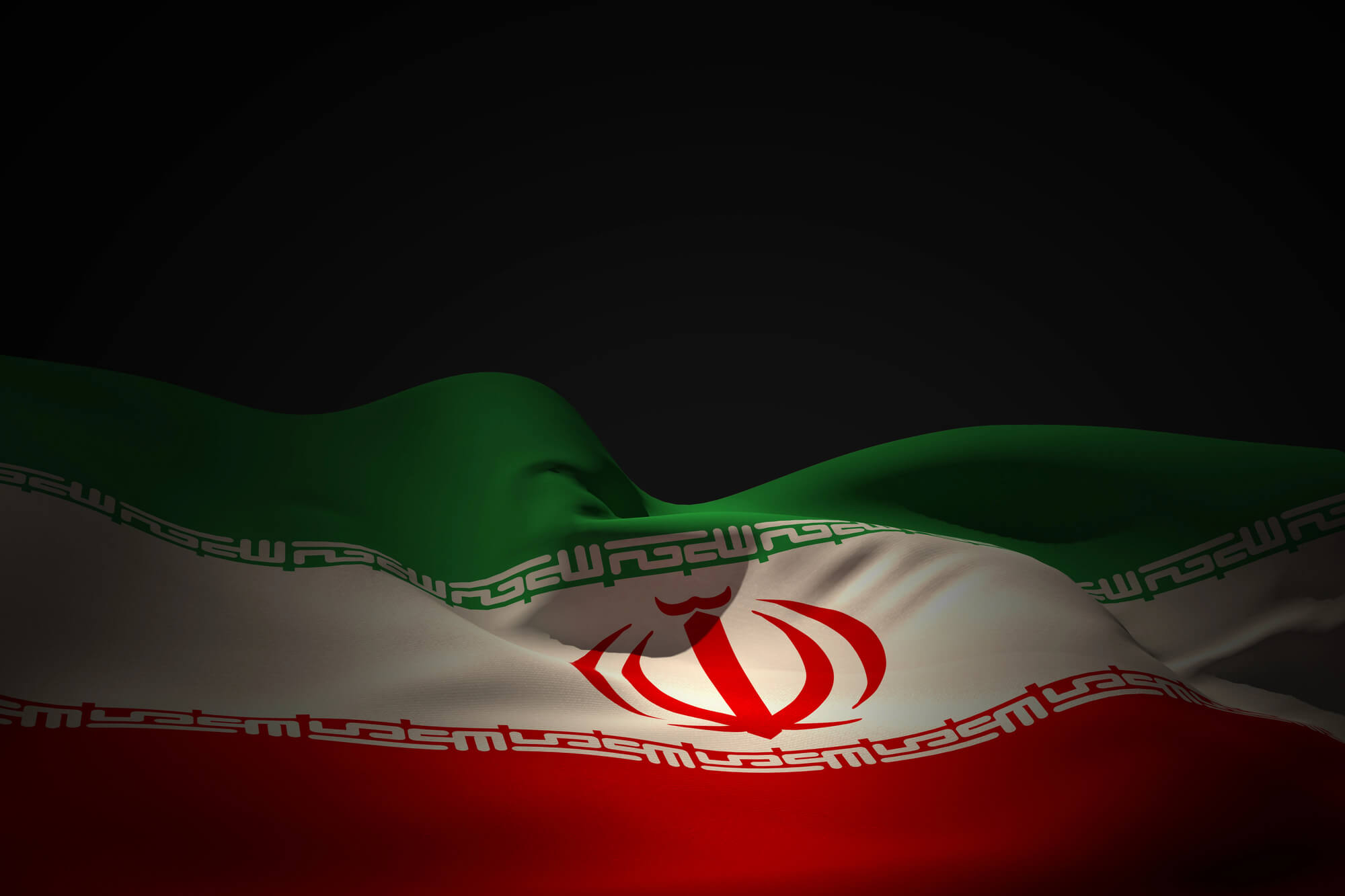As early as October 2021, the contours of Russian invasion of Ukraine were increasingly clear. The governments of the US, UK and a few other countries sent weapons to Ukraine to prepare defense. However, the world largely ignored the warnings thinking that Putin is bluffing. For example, until the very last moment, the German government was refusing to scrap Nord Stream 2, a Russia-Germany gas pipeline bypassing Ukraine that lowered the cost of war for Russia. After Ukraine has shown resolve to fight the Russian aggression, many governments in the West reversed their long-standing policies of not supplying arms to conflict zone and sent (or committed to send) weapons and materiel to Ukraine. Economic and financial sanctions on Russia were implemented.
However, the response so far has been reactive. Sanctions on Russia were imposed AFTER Russia invaded Ukraine. A broad coalition to send weapons to Ukraine was formed AFTER Russia invaded Ukraine. We can now only speculate what would have happened if all these steps were taken BEFORE a potential invasion occurred but the outcome is clear: thousands of civilian Ukrainians are killed, cities are being destroyed, a tsunami of refugees is fleeing the war.
The world failed to deter Putin from this horrible act of aggression. Whatever was tried with Putin (negotiations, warnings, etc.) does not work. The international coalition should change its strategy. Instead of escalating sanctions on Russia and increasing support to Ukraine in response to a Ukrainian city being levelled with bombs, the coalition should anticipate future moves of Russia and counter them before they happen. A number of economic steps can be taken to forestall the Russian aggression.
Economic sanctions raise the cost of doing business in Russia and with Russia. However, the financial markets are highly complex and the Russian government will look for workarounds. Sberbank, a Russian state-owned bank, still has access to SWIFT, an international network for making cross-border transactions between banks. This access creates a huge loophole. A task force should be committed to counter such attempts to bypass the sanctions. The Russian government and those who enable it should not be able to park their money in tax havens such as Switzerland, the Cayman Islands, Panama and the like.
The Russian government uses its energy exports to pay for the aggression. The Russian government should be denied this ability. There are precedents for how this goal can be achieved. For example, Saddam Hussein, a bloody dictator of Iraq, could sell oil but he could use receipts only to buy goods of humanitarian nature (food, medical supplies, etc.).
Although Western Europe depends on Russian energy supplies, Russia equally depends on energy revenues, especially now when the assets of the Russian central bank are frozen. A commitment to limit purchases of energy from Russia will undermine the ability of the Russian government to raise resources for the war in the longer run.
Sanctions hurt Russia but they can also hurt businesses in the West. To have a united front, the government should support these businesses and mitigate the cost. For example, European banks exposed to the Russian banking system could be supported by the European Central Bank, so as to avoid a contagion of financial distress. For example, Russian assets held by European banks could be securitized and purchased by the ECB at an appropriate discount.
It is even more important to support Ukraine. The war takes a huge toll not only in terms of lives but also in economic terms. Ukraine will need resources and funds to continue the resistance. Humanitarian aid should be on its way to Ukraine now. The Ukrainian government should receive grants and loans on the multilateral (the International Monetary Fund, the World Bank, etc.) and bilateral basis (e.g., loans guaranteed by the US government). Lend-lease programs should be activated to transfer equipment and materiel to Ukraine. Procedural/logistical processes should be streamlined to accelerate transfers of funds and resources to Ukraine.
Standing with Ukraine is not standing near Ukraine. The free world must realize that being a passive bystander is not an option any more. Ukraine fights for its freedom and the freedom of millions of people in the free world. If Ukraine falls, Putin will be on your borders.
Attention
The authors do not work for, consult to, own shares in or receive funding from any company or organization that would benefit from this article, and have no relevant affiliations




